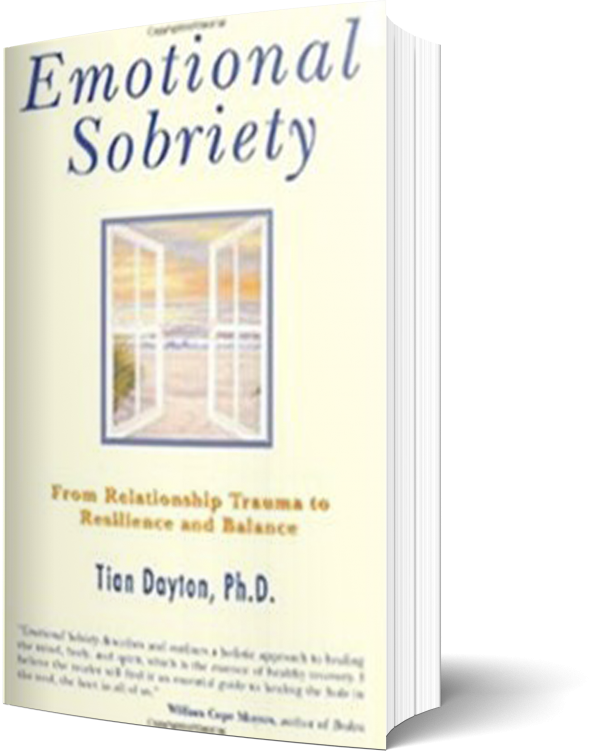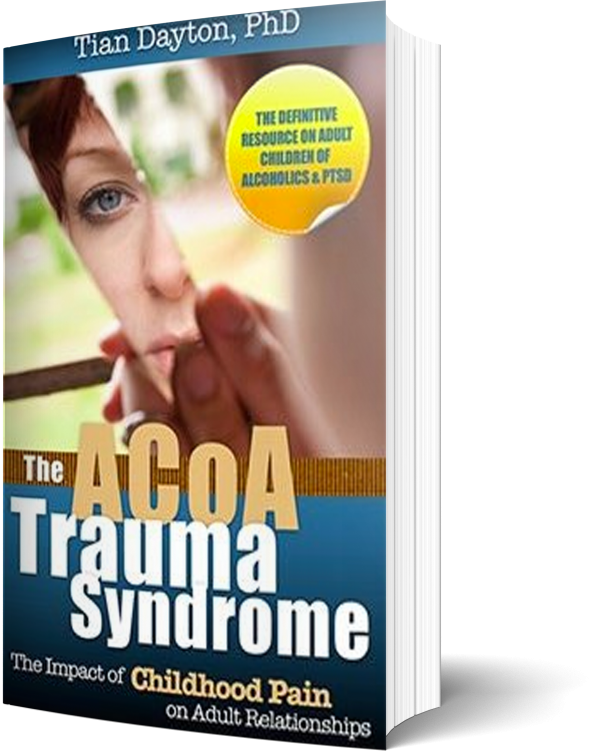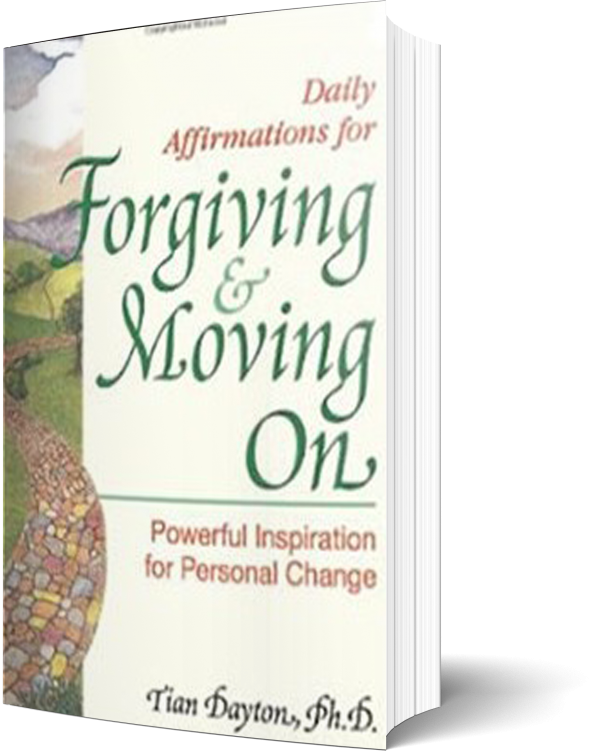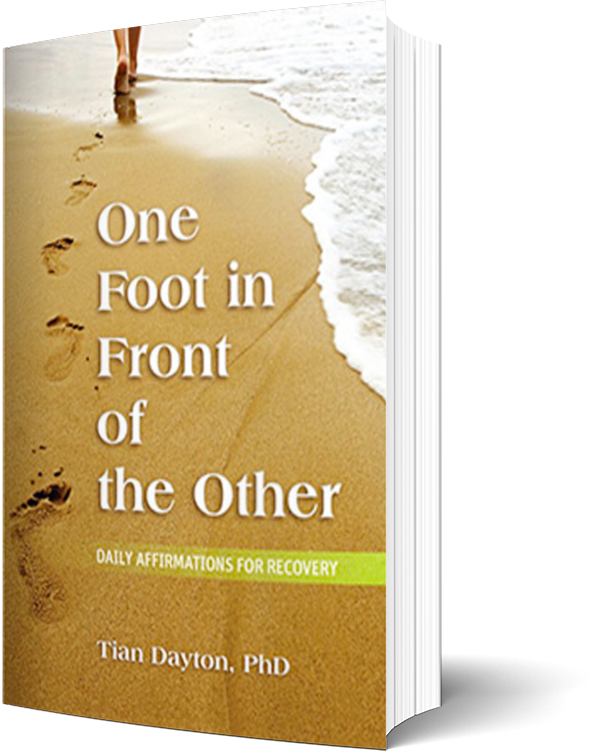We learned, from Elizabeth Kubler Ross’s work on death and dying and from Jonathon Bowlby’s on grief/loss and separation, that human beings become profoundly attached to caretakers and experience a deep sense of loss and disorientation when they are separated from them. In my own work in the field of addictions, I observe that addicts and others in recovery, go through similar stages of grief/loss and disruption when they move through the various losses that occur around letting go of either a substance, a behavior or a period of their own lives. The loss is not only giving up alcohol, drugs or a compulsive relationship with food or sex but also the grief experienced around the loss of something upon which they have become dependent, something that has been a part of their identity, their sense of who they are and what they need to “survive” in the world. Are we going through a version of these stages of the grief process as a result of the recession and the losses we’re experiencing of jobs, income and financial security? And can you figure out, by looking at the stages below where you might be in your own process? Following is my own adaptation of the stages of grief and loss:
• Numbness/Denial: “This isn’t really happening: I think something is happening but I don’t feel it “
• Yearning and Searching: ‘
“Where is life as I know it/the life I miss and want?”
• Bargaining: “I will become a better person if I am less materialistic/I have my loved ones, my health”.
• Disorientation/Anger/Despair: “I am mad at the markets, mad at my managers, mad at myself, I am just mad and feel it may never get better, I don’t know what to fix this”.
• Acceptance: “It is what it is, I have to give it time, roll with it, do the best I can, this too shall pass”.
• Reorganization and Regrouping: “My life feels different but it’s still my life. I have moved through the losses, made adjustments and moved “.
Do you see yourself in one or more of these stages? The loss of a job, of the kind of income that once provided for a certain type of lifestyle and the loss of just plain money can disturb our trust and faith in a predictable and orderly world and our sense of identity. Let’s face it, next to those we love, we are very much attached to where and how we live and the recession is causing many of us to worry, adjust and sometimes lose what we’re used to having. We can feel grief and loss over a lot of things, over periods of our lives and parts of ourselves. Our sense of who we are, our sense of identity, in other words, is very much shaped by what we do and what we have. Changes in either of those can make us feel that we are changing and that can be a disorienting experience. This recession is hitting a lot of people at that core level; we’re feeling not only a loss of money but a loss of self because when our identity is at least partially woven into what we have and what we do, we’re bound to experience some loss of identity when those things shift, it’s natural.
Numbness is a response akin to shock and it’s certainly where I saw most of my clients go in the first weeks of the recession. Much as I asked the question, “how are you doing with this financial crisis?” it was really only the money managers and those sophisticated in money matters who were wrapping their minds around what was happening and what was likely to come. Everyone else was either numb or in denial; e.g. “I know it’s happening but I don’t feel it yet” or “this isn’t that big a deal”. As time moved on and it became really obvious that this was, in fact, a very big deal that group moved into yearning and searching for the old familiar feeling or scene. We look back with longing and regret, “it felt so easy then” or “why didn’t I see this coming? What could I have done differently?” We look forward with anxiety. “What’s going to happen next?” Some were already grieving the loss of lifestyle, jobs and job prospects or just the feeling of being flush while others were busy bargaining, making deals with themselves, identifying silver linings. “I will become a better person if I am less focused on money all the time, I’ll have friends over for dinner rather than go out, shop in my closet rather than frantically at the stores and Ill take walks and go to museums and movies rather than entertain myself by mindless acquiring and compulsive consumption”.
As the realities of the recession began to wear away at everyone’s patience and pocket books and life styles really did have to under go some changes the anger began to set in. “Who are these CEOs who have gotten us into so much hot water and why are they so damn greedy? Who has allowed these inequities to go on for so long. Why is my money manager taking home big pay while my bottom line is shrinking? I want my vacation back, my new car, my contentment”. After a few months of anger at just about everything from government, to spouses to corporate America, I am seeing and hearing more people say “it is what it is”. Acceptance is setting in. Some of the dust is settling, enough people seem to be still surviving, eating and paying bills so that we are, as a whole, feeling less terrified and more able to manage our emotions about what is happening. Maybe we can’t exactly see the light at the end of the tunnel but we have more of a sense that it’s probably there. We’re living a little differently, we’ve absorbed the shock, felt the anger, disorientation and longing for what’s been lost and we’re beginning to regroup and reorganize.
This recession will likely affect any maybe even adjust our countries values which were, let’s face it, spinning out of control. Maybe it’s corrective on a lot of levels both personal as well as financial.Whatever it is or isn’t, we’re stuck processing it and maybe the framework of grief and loss can help to lend a little perspective on that process.I hope so!
email any questions to askdrdayton@tiandayton.com





